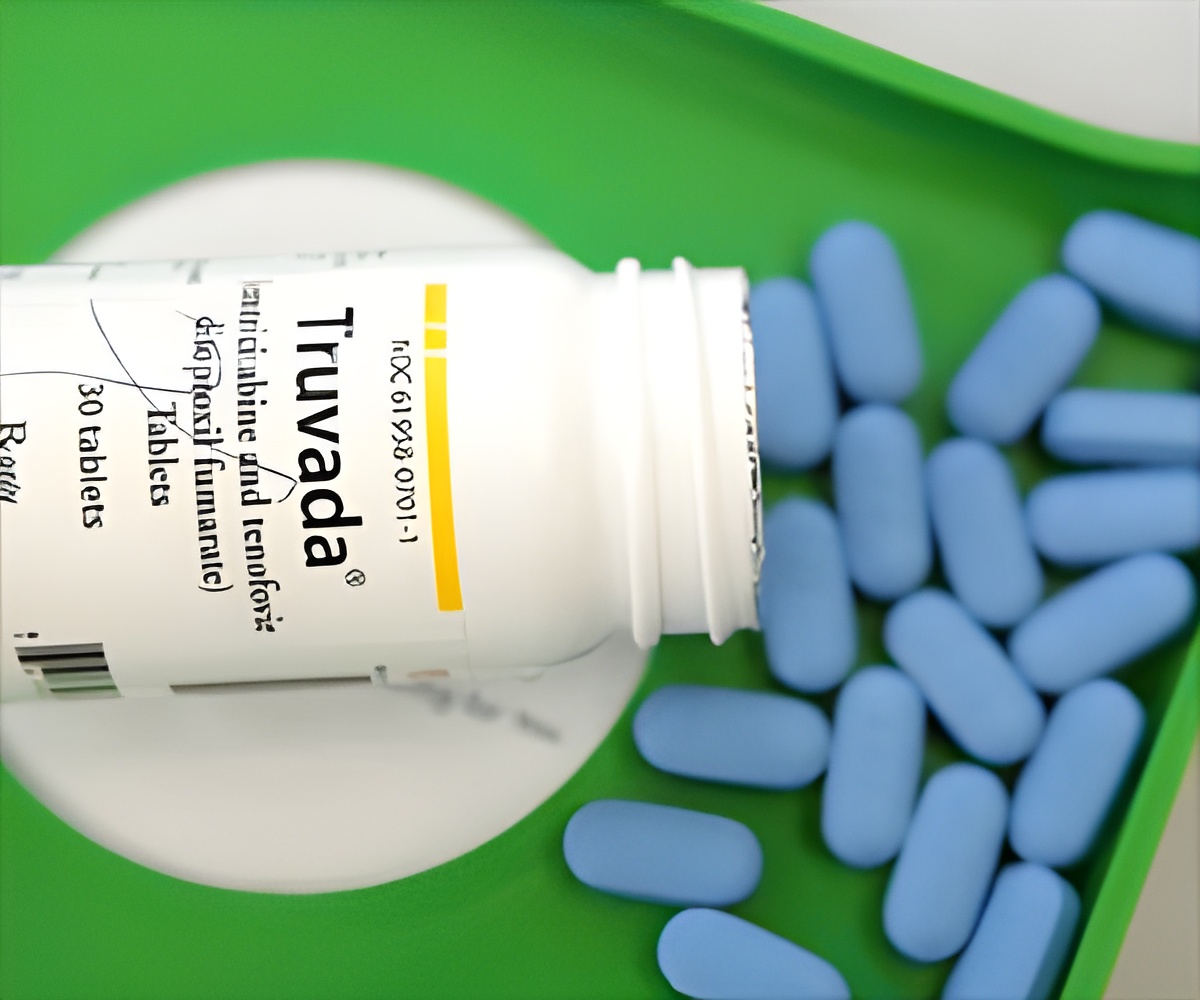Truvada is the first drug approved by the Food and Drug Administration to prevent HIV transmission to healthy individuals.

There is no complete cure for HIV/AIDS. Therefore, adopting preventive measures is the best way to keep the virus at bay.
How can HIV be prevented?
HIV can be prevented by using condoms correctly every time while having sex and not sharing injection equipment with others.
Pre-exposure prophylaxis (PrEP) is a method to prevent HIV infection in those who are not infected but are at a substantial risk of contracting the infection. The prevention can be achieved by taking a pill called Truvada daily, before and after exposure to the virus. It is meant to be combined with condoms and other prevention methods to provide greater protection.
Truvada is approved for healthy, uninfected people who are at substantial risk of contracting HIV through sex. These include sex workers, people with HIV-positive partners or partners who engage in high-risk behaviors, or those who use injection drugs. Both, homosexual and heterosexual couples can use this drug to prevent the virus transmission to the HIV-negative partner.
How does Truvada Work?
Truvada is a nucleoside reverse transcriptase inhibitor (NRTI). This class of drugs prevents multiplication of the HIV virus, and therefore prevents an infection from establishing itself.
Are There Any Important Points To Note Before Starting Truvada for HIV Prevention?
Daily use – The tablet should be taken on a daily basis before and after the exposure.
HIV status- A person should be HIV-negative before starting with Truvada. This is because the virus can develop resistance to the medicine if taken alone by an HIV-positive patient. It is important to repeat HIV testing every 3 months while on Truvada to make sure that the patient does not contract the virus.
Safe sex- There is also a worry that people taking the HIV prevention pill might relax safe sex precautions. It is advised that people taking this medicine should still continue to use condoms and limit their number of sexual partners, just as if they were not taking the pill. However, research has found that taking the tablet does not increase risk-taking behavior.
What are the Possible Side Effects of Truvada?
Though Truvada mainly causes mild adverse effects as noted in clinical trials, it is also associated with serious side effects including-
Excessive lactic acid in the blood- This is a serious medical emergency. Symptoms include weakness or being more tired than usual, muscle pain, shortness of breath, nausea, vomiting, stomach pain, cold hands and feet, dizziness, and irregular heartbeats. Overweight women are at an increased risk of these side effects.
Liver problems- Truvada may cause liver enlargement or leads to fatty liver.
Worsening of Hepatitis B Virus (HBV) infection on stopping the medication- People with HBV infection who take Truvada should not stop taking the medicine without discussing it with their healthcare provider as it might worsen the HBV infection.
Kidney problems- Truvada can lead to worsening of existing kidney disease or can cause de novo kidney problems.
Increased risk of fractures due to weakening of bones.
Other side effects include headache, stomach pain, and decreased weight.
Several studies have proved the usefulness of Truvada in preventing HIV infection. To summarize its use:
- Truvada should be given on a daily basis to people at substantial risk of developing HIV infection, but do not already suffer from it.
- It is necessary to monitor the patient every 3 months to make sure that they have not already contracted the infection.
- Moreover, other preventive measures like correct use of condoms should not be neglected.
References
1. http://www.cdc.gov/hiv/prevention/research/prep/2. https://www.aids.gov/hiv-aids-basics/prevention/reduce-your-risk/pre-exposure-prophylaxis/
Source-Medindia















